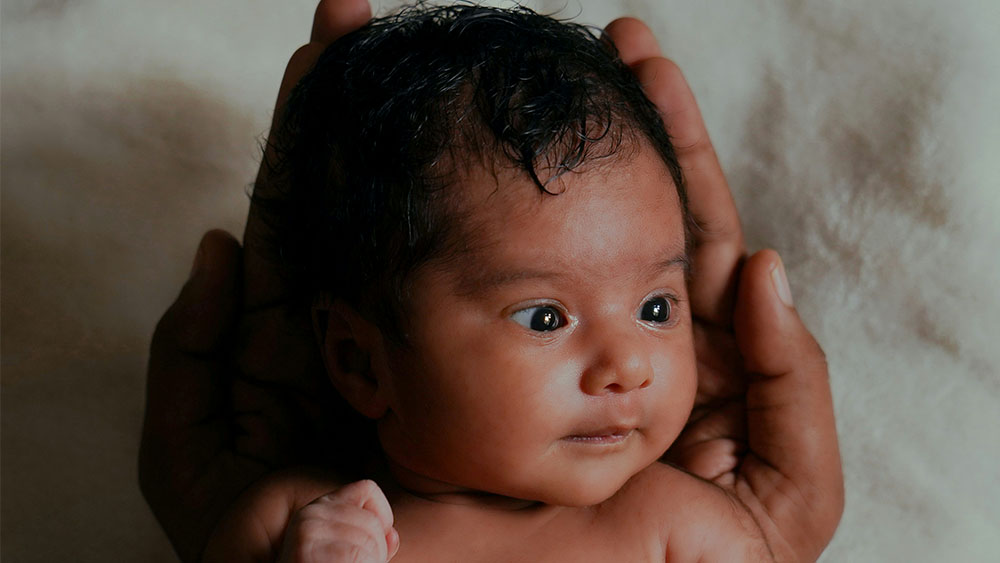5 Ways To Teach Children About Body Image and Self-Love
We live in a world where young children can unfortunately be judged on their looks and appearances, just like in the adult world. According to industry experts, the constant pressure to be thin is already a bigger health concern for children than obesity.
But as parents, we can make a difference and minimise, if not stop, this body perfection madness. Help your child understand that they do not have to be a victim of body shaming under any circumstances by re-enforcing these important points:
1. Bodies come in all shapes and sizes
Body diversity should be celebrated, not singled out. Being healthy on the inside is much more important than being perfect on the outside. While we can’t change the world’s definition of beauty or a perfect body, we don’t have to agree with that mentality. Teach your child to be happy with their body, and appreciate their body for what it can do, rather than what it looks like, and to look after their body to achieve amazing things. Tell them honestly every night that they are perfect just the way they are.
2. Be the best role model possible
The importance of self-love begins with us. Parents are usually the most influential role models in a child’s life, so lead by example by modelling body acceptance as a parent. If children constantly see their parents’ body shaming themselves or others, they will inevitably start finding flaws with their own bodies too. Worse yet, such kids usually grow up thinking that body shaming is normal and even to be expected. When children see their parents confident with the shapes of their healthy bodies, they will hopefully be more accepting of their own shape and size too.
3. Be realistic about your child’s body shape
It’s very important for parents to talk to talk to their children openly and honestly about the stigmas of weight and body image, because there’s no hiding from these issues in life. But if you avoid having the discussion with your child, be prepared for them to most likely get a very wrong message from somewhere else. Listen to their concerns about their appearance, body size and shape, especially during puberty, where everyone develops at different times and rates. When parents aren’t ashamed of their children’s body sizes and are realistic about it, children grow up confident and secure, leaving very little room for body shaming to get to them.
4. Make health a collective family goal
There’s also no place for body shaming when you engage in regular physical activity together, or eat healthy without the need for fads and diets. By keeping the focus on fun and support, children grow up learning that health is a collective objective, rather than something only a few people are blessed with. Ditch trendy diets and ‘bad’ foods for a more diverse range of colourful foods, and eat everything in moderation. Allowing long-term feelings of guilt of shame when eating certain ‘bad’ foods can lead to increased risk of eating disorders and a negative body image at an older age.
5. Beware of the perfect social media lifestyle
Perfection doesn’t exist, so encourage your children to be media savvy and wary of messages or images that promote 24/7 “perfect” appearance ideals, such as being slim or having a six-pack. That’s not real life. Instead, teach your children to avoid placing too much value on superficial physical appearances of Facebook and Instagram, and instead to look deeper and focus more on important traits such as personality and kindness. As the saying goes, ‘focus on the heart, not the body parts’.
For the latest updates on Wonderwall.sg, be sure to follow us on TikTok, Telegram, Instagram, and Facebook. If you have a story idea for us, email us at [email protected].











